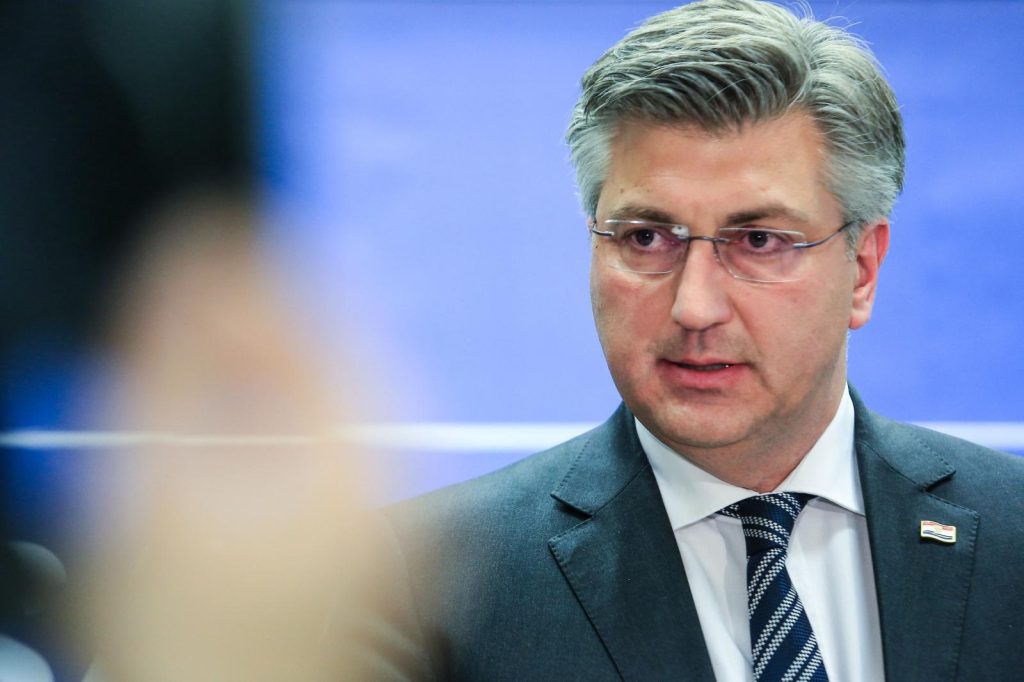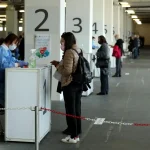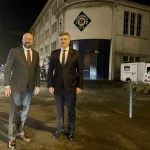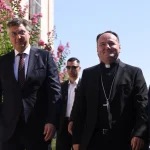“Whenever the Dayton agreement is mentioned, that implies the constituent peoples. Any reference to Constitutional Court judgments implies the judgment in the Ljubić case, which concerns legitimate representation. All that is essential is in there, but one should have background knowledge and be able to decipher the conclusions, what they actually mean,” Plenković told reporters in response to criticisms from President Zoran Milanović regarding the Council’s conclusions on enlargement.
The prime minister said that these conclusions, adopted by EU ministers for European affairs on Tuesday, were much better for the Croats in Bosnia and Herzegovina than those adopted at the NATO summit this summer when the Croatian delegation was headed by Milanović.
Milanović had threatened to block the adoption of the joint NATO declaration unless a reference was made to the Dayton agreement, constituent peoples, and electoral reform. Eventually, it was agreed to mention the Dayton agreement and the need for electoral reform.
Commenting on Milanović’s claim that Croatia should block conclusions whenever it failed to have its views incorporated into them, Plenković said that this was done only in extreme cases. “Anyone well-versed in European topics will not do that. This is done only in extreme cases when there is no other way.”
He said that Croatia knew how to protect its interests, as in the case of Croats in Bosnia and Herzegovina, and that it was constructive towards its neighbor. “It is also a wise interlocutor who knows how to get what it wants through very complicated negotiations involving a lot of member states, without antagonizing all others.”
Plenković said that the latest conclusions were not linked to ongoing talks on the reform of electoral legislation in Bosnia and Herzegovina, which are mediated by the United States and the European Union.
“We included everything of importance to the Croats in Bosnia and Herzegovina and sent strong messages,” the PM said.
Milanović has criticized the Council’s conclusions on enlargement and called out the Croatian government for supporting the conclusions because “they do not guarantee the rights of the Croats as a constituent people in Bosnia and Herzegovina,” according to a press release from the President’s Office.
For more, check out our dedicated politics section.











